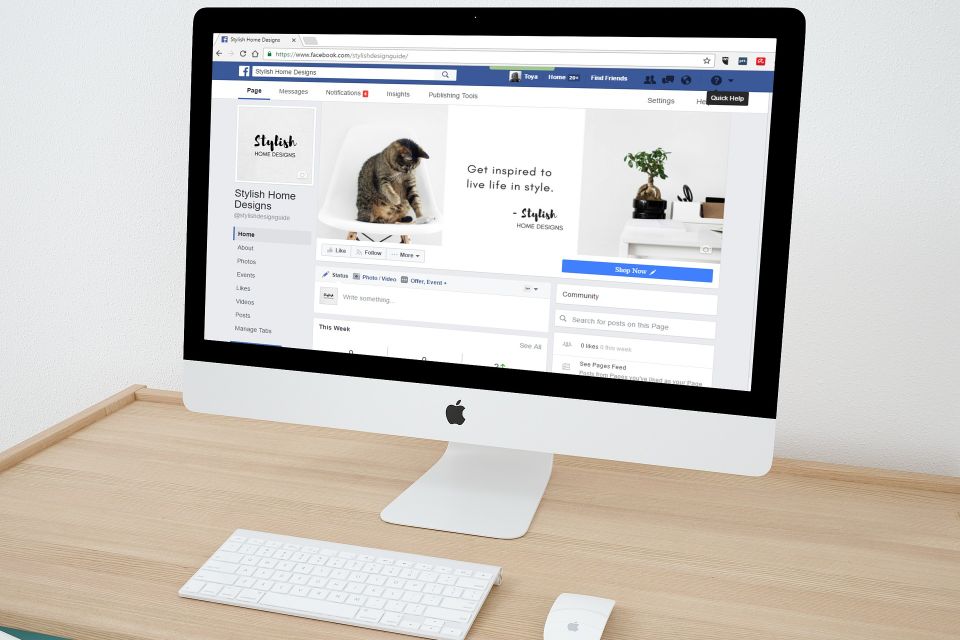Why a Facebook Page Won't Cut It: 10 Reasons You Need a Website
In the digital age, your online presence is your business card, your shopfront, and your brand ambassador rolled into one. While social media platforms like Facebook offer a tempting avenue for businesses, relying solely on a Facebook page can be a detrimental move. Let's dive into the top ten reasons why a Facebook page is no substitute for a proper website, and explore why you need to consider other avenues for your online presence. 1. You don't own it.
The biggest drawback of a Facebook page? You don't truly own it. Facebook can change, remove, or bury your page in search results at any moment. This lack of control is risky for your business, especially after investing time and effort into building your Facebook presence. 2. You exclude non-Facebook users.
Despite its massive user base, not everyone is on Facebook—especially in certain demographics. Relying solely on a Facebook page means missing out on potential customers who don't use the platform. It's crucial to consider all avenues for reaching your audience. 3. Limited SEO options.
Search Engine Optimization (SEO) is vital for visibility. While you can optimize a Facebook page to some extent, your options are limited compared to a website. A website with multiple pages has more chances to show up in search results, making it easier for potential customers to find you. 4. Paying for ads may be necessary.
Facebook's "freemium" model means you might need to pay for ads to reach a larger audience. While creating a Facebook page is free, organic reach is often limited. Factor ad costs into your marketing budget if you're relying heavily on Facebook. 5. Functionality is lacking.
A Facebook page has its limits—no forms, limited e-commerce options, and restricted design choices. A website offers far more functionality, allowing for custom pages, posts, and e-commerce solutions that truly represent your brand. 6. No sales funnel control.
A website lets you guide users through a sales funnel with calls-to-action and landing pages. With a Facebook page, you lack this control, making it harder to lead users towards making a purchase. 7. Limited content capabilities.
While you can write an "About Us" section and post updates on Facebook, it's not ideal for in-depth content. A website, on the other hand, allows for blog posts and articles that can draw in users and improve SEO. 8. Branding is limited.
Beyond a cover image and profile picture, branding options on Facebook are minimal. A website offers full control over color schemes, fonts, and design elements for a cohesive brand image. 9. Content organization is tough.
Websites allow for easy content organization, saving, and searching. Facebook's content organization options are limited, making it challenging for both you and your customers to find older posts. 10. Analytics are lacking.
Facebook's analytics are not as detailed or customizable as those on a website. Robust website analytics allow for better tracking of marketing efforts and data-driven decisions.
Conclusion: Facebook Page vs. Website
A Facebook business page is a valuable addition to your online presence, but it should never replace a website. To truly grow your business online, you need a professional website that showcases your brand, products, and services. It's an investment that pays off in the long run, offering full control, extensive functionality, and detailed analytics.
At Digital Spider Web, we specialize in crafting affordable, professional websites tailored to your business. Our experienced team ensures your website reflects your brand and meets your goals. Pair your website with a Facebook page for maximum impact, using social media to drive traffic to your site.
Don't settle for a limited online presence. Invest in a website and take your business to new heights. Contact Us today!


